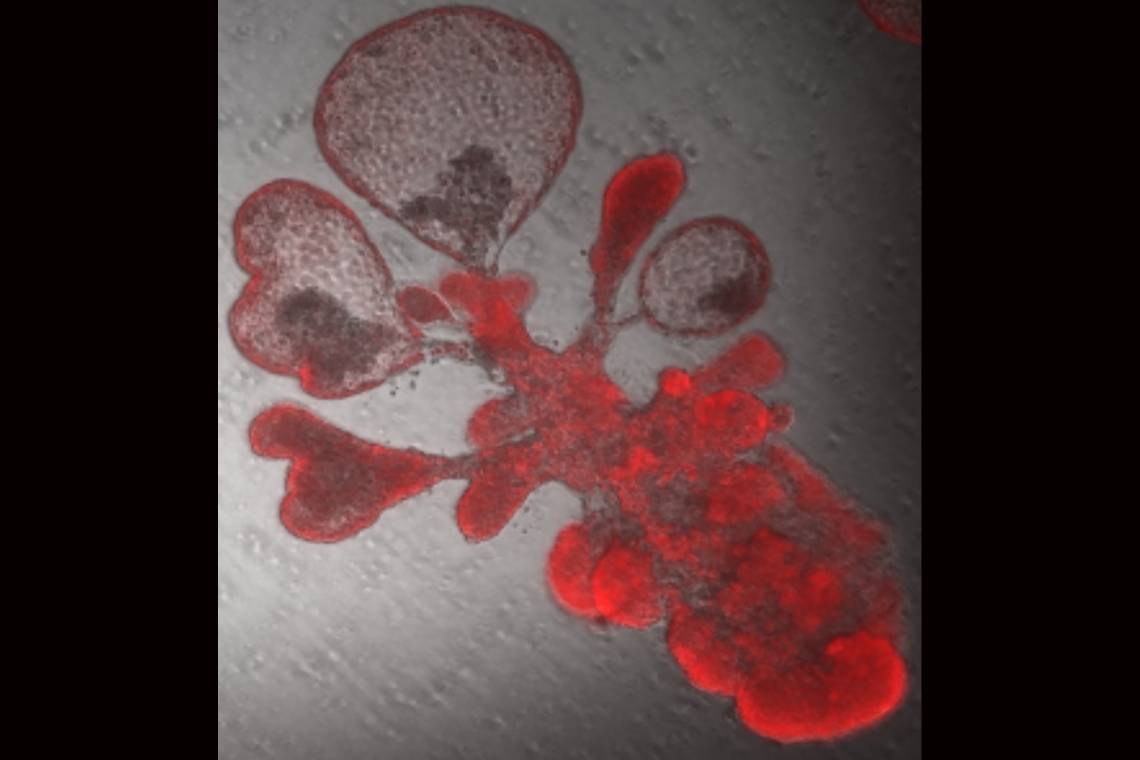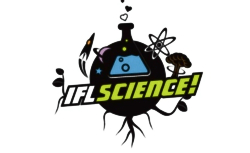Scientists Infect Lab-Grown Mini-Lungs With SARS-CoV-2
Date: 9.11.2020
A team of researchers have developed a mini-lung in the lab made of thousands of human lung stem cells. This breakthrough is now being used to understand what SARS-CoV-2 and other airborne pathogens do to our lung cells.
 The team used alveolar epithelial type-2 cells (AT2s), a type of lung stem cell that repairs the deepest portions of our respiratory system. This is where the exchange of oxygen and carbon dioxide from our bloodstream takes place.
The team used alveolar epithelial type-2 cells (AT2s), a type of lung stem cell that repairs the deepest portions of our respiratory system. This is where the exchange of oxygen and carbon dioxide from our bloodstream takes place.
In the lab, these cells can be made to multiply into millions of cells, recreating a portion of the human lung. Researchers can then study at a molecular level the behavior of these cells when infected with the SARS-CoV-2 virus. This could provide important insights into treating patients with Covid-19.
“This is a versatile model system that allows us to study not only SARS-CoV-2, but any respiratory virus that targets these cells, including influenza,” lead author Purushothama Rao Tata from Duke University said in statement.
The stem cells are grown in a chemically pure culture, so no contamination from things other than human cells could mess with the results. “This is a major breakthrough for the field because we were using cells that didn’t have purified cultures,” said co-author Ralph Baric, a distinguished professor of epidemiology, microbiology and immunology at the University of North Carolina.























